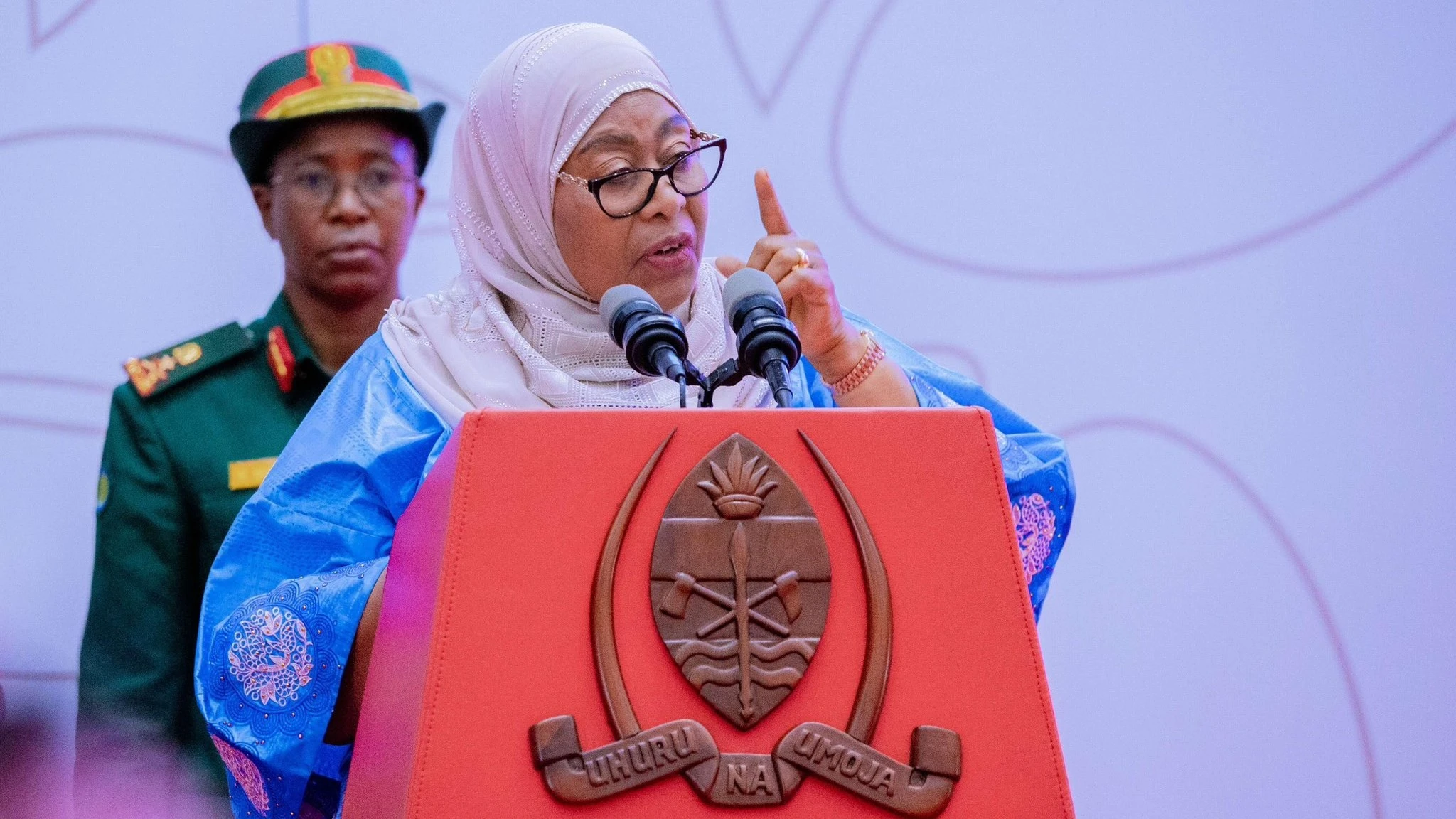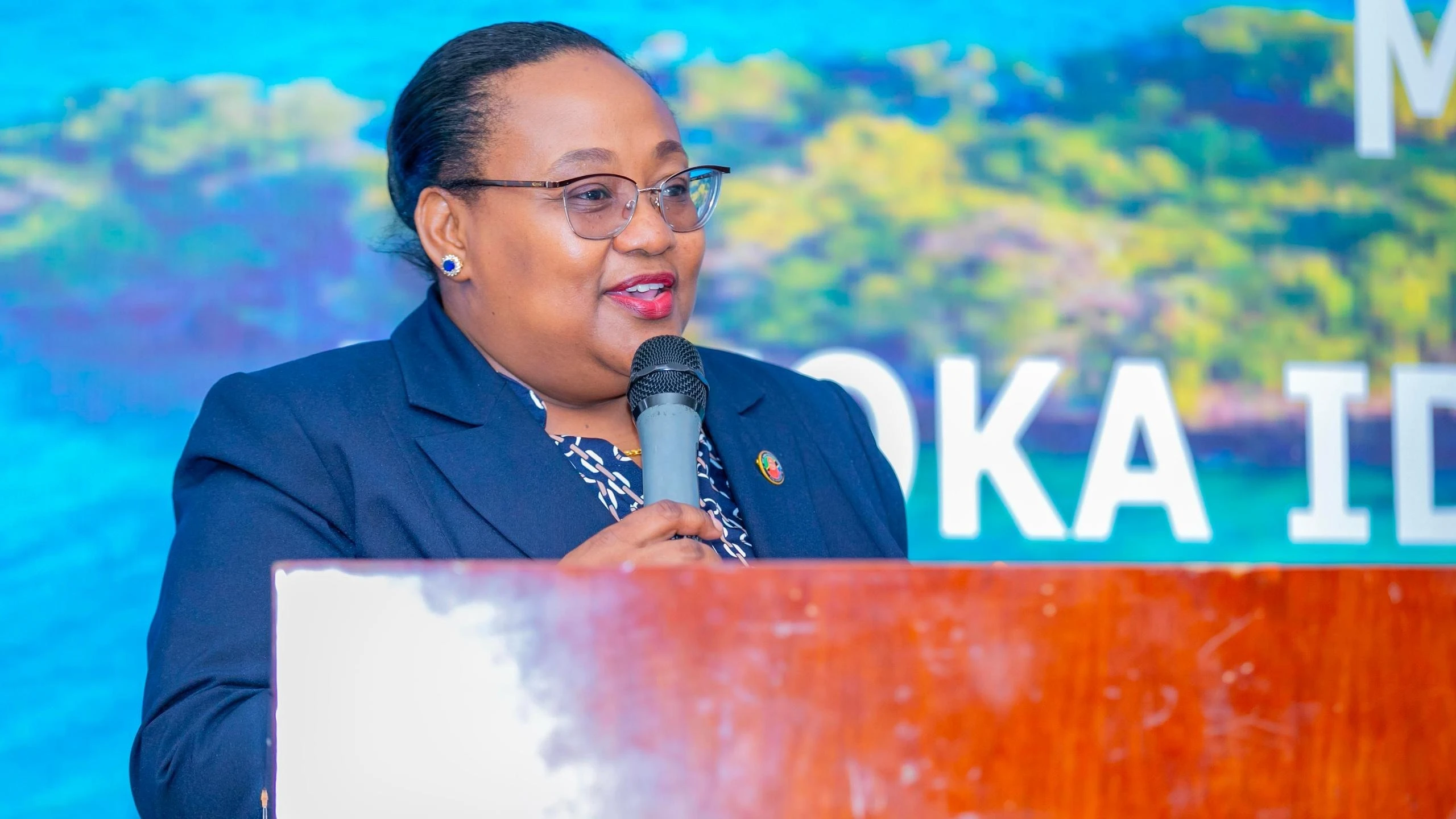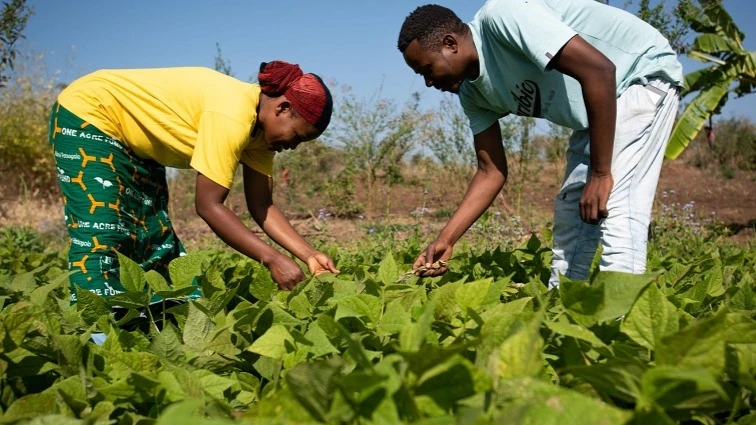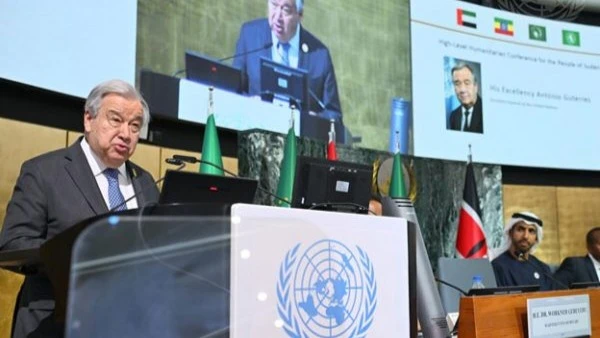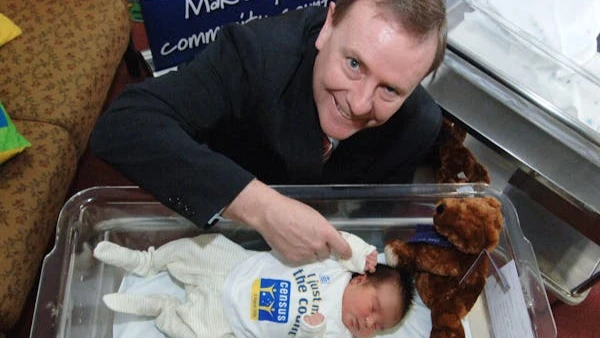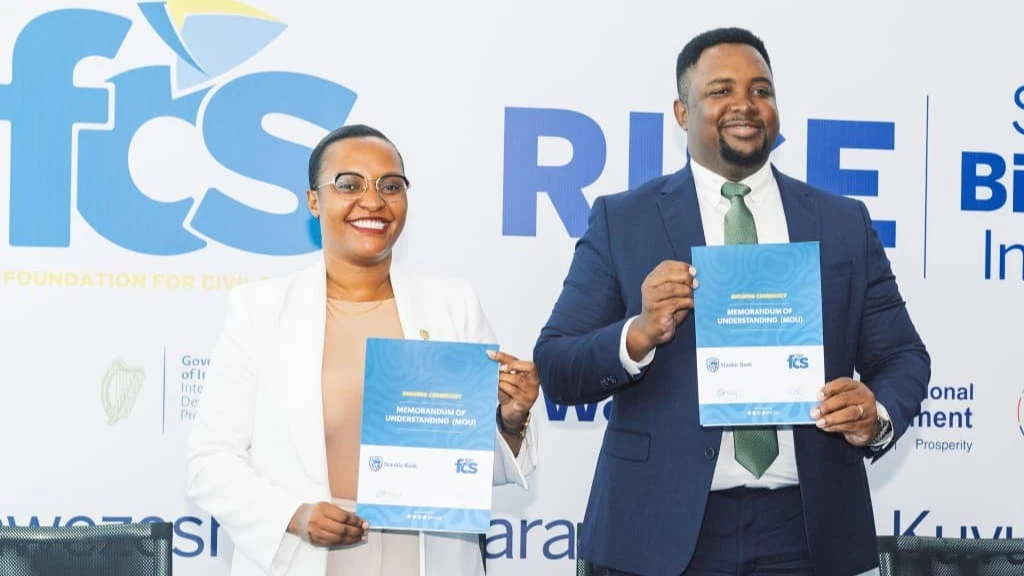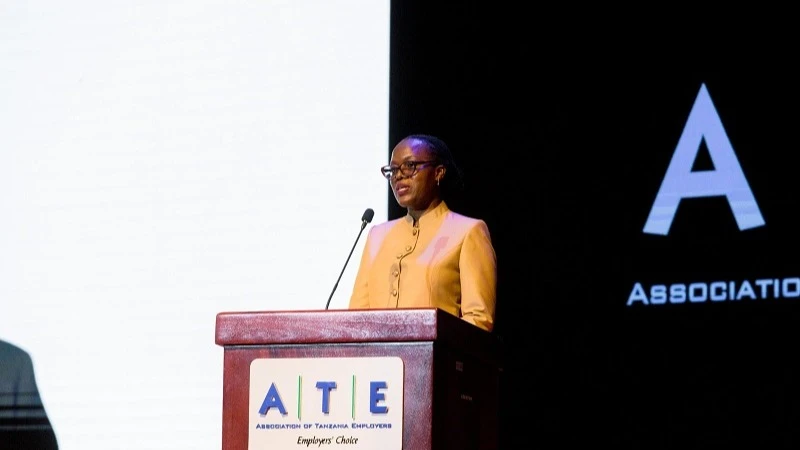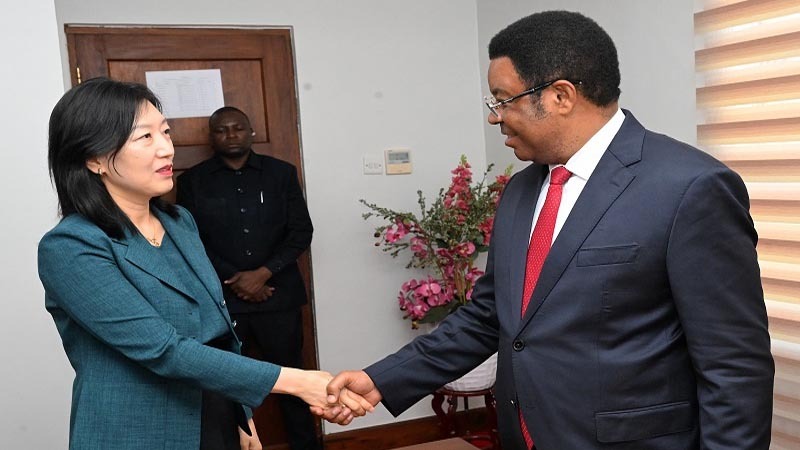Govt, CSOs urged to join hands, revamp tax system
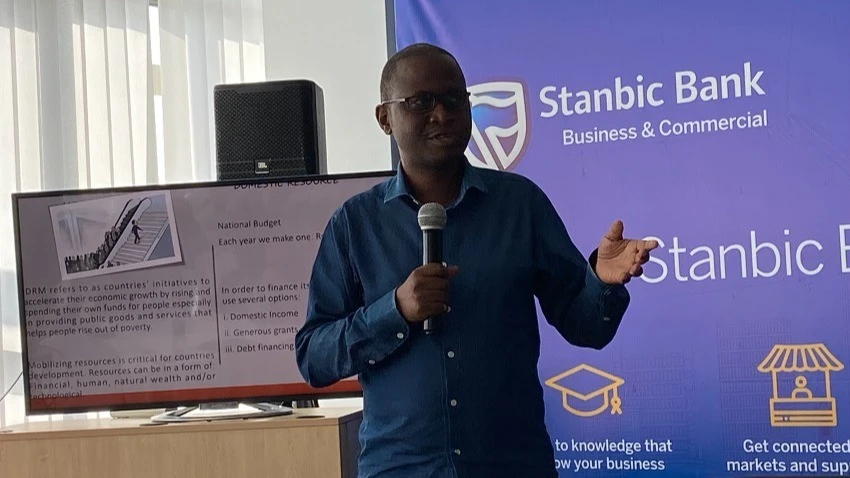
The government and the civil society organisations (CSOs) have been urged to join hands so as to give education awareness to the public on the importance of paying taxes for the nation's development.
The call was made during the Policy Forum Breakfast debate focusing on “Economic growth and social equity: CSOs' key tax reform recommendations for Tanzania.”
Speaking during the event in Dar es Salaam recently in Dar es Salaam, the Tax Working Group (TWG)’s Chairman, Advocate Dominic Ndunguru emphasized the need to improve the domestic resource mobilization (DRM).
TWG is a group that brings together 13 member organisations with the passion to realise tax justice in Tanzania. Adv Ndunguru has said that the overall objective of (TWG)is to advocate for a just and transparent tax system in Tanzania.
According to Ndunguru DRM accelerates the country’s economic growth by raising and spending its own funds for people especially in providing public goods and services that help people rise out of poverty.
“Mobilizing resources is critical for countries’ development. Resources can be in the form of financial, human, natural wealth and/or technological.”
He further noted that in order to finance its budget a country can use several options, including: Domestic income, generous grants and debt financing, among others.
Thus, in order to improve the DRM, the Tax working group (TWG) has suggested the following strategies to the government: Revamping the tax system by setting new policies and structural systems.
The current Tanzania Revenue Authority (TRA) that was established in 1996 needs to be restructured and modernized so as to meet the current tax regime needs.
The government needs to modernise tax collection by leveraging technology.
Improve tax to Growth Domestic Product (GDP) ratio from 12.5 percent to at least a benchmark of 15 percent.
It should also increase domestic production Ex. wheat is only produced by 10 percent; 90 percent is imported.
Triple the tax base from around 2 million people to 6 million taxpayers.
Set practical strategies to overcome illicit financial flows, tax evasions, harmful tax incentives, double taxation agreements, internal inefficiencies. Lower the tax rates; and enhance taxpayer morale and compliance.
Improve revenue generation at local government level. Improve management of tax arrears and tax disputes.
Support Tanzania to be removed from the gray list so as to open good investment.
Rejoin transparency institutions, such as the open government partnership (OGP) for good reputation. Proper participation in the UN Tax Convention processes.
“Tax rates should be lowered to enhance taxpayer morale and compliance, while revenue generation at the local government level must be improved,” he added.
He further recommended better management of tax arrears and disputes, and a focus on removing Tanzania from the grey list to boost investment.
Ndunguru has suggested that Tanzania should actively engage in the UN Tax Convention processes to improve taxation on online businesses.
“Last year, the East African Business Council estimated that EAC member states lost Sh15 trillion due to IFFs, with Tanzania’s share at around Sh3 trillion,” he said.
He noted that the informal economy, often untaxed, creates a significant gap in revenue collection.
Advocate Ndunguru further emphasized the issue of multiple taxes and contributions from firms in Tanzania, such as pay as you earn (PAYE), social security, trade union levies, and value added tax (VAT), which contribute to a stagnant tax base.
He pointed out that politics often interferes with tax collections, as politicians fear angering voters.
“For example, bus conductors, who earn Sh50,000 daily, are not taxed despite receiving an average of Sh1.5 million annually, while vegetable vendors pay Sh1,000 in council levies daily, amounting to Sh365,000 per year,” he explained.
He also noted that small business startups are taxed immediately after registration, depleting their initial capital.
An economist Zacharia Msangya, a discussant at the event, linked Tanzania’s revenue loss to the black market, smuggling, and illegal trade, including narcotics.
He suggested that Tanzania should follow the example of developed countries, where even illegal businesses, such as prostitution, are taxed.
“Education should encourage voluntary tax payment,” he said, emphasising that tax payment should be seen as a vital part of national development, not just a requirement for businesses in the manufacturing or service sectors.
Another discussant, Stephen Aloys, emphasised the need for social equity in taxation, particularly addressing the disparity between large corporations and small traders in Tanzania.
He advocated for a progressive tax system that reduces inequality and addresses gender disparities.
Mr Aloys, who is also the programme manager at the Governance and Economic Policy Centre (GEPC), also called for closer scrutiny of tax exemptions, particularly in the mining sector, where transfer pricing and mis-invoicing remain significant challenges.
“To combat IFFs, which cost Tanzania an estimated $1.8 billion (Sh3 trillion) annually, stricter monitoring and the use of technology to close loopholes in tax collection are essential,” he said.
He also stressed that development should not come at the expense of citizens' welfare, particularly when inequities exist within the tax system.
The Tanzania Council for Social Development (Tacosode) head of finance and administration, Lwitiko Mwakaje echoed the call for TRA reforms, emphasising that tax payment should not be seen as a penalty.
He suggested that CSOs and NGOs should engage in public education on the importance of taxes, starting with primary school children.
A journalist, Pascal Mayalla highlighted the low tax base, pointing out that tax incentives for foreign investors and insufficient education for tax officials exacerbate the issue.
Ms Suzan Maselle from the Tanzania Feminist Initiative agreed that TRA reforms would help create tax frameworks that are well understood and accepted by society, reducing disputes between citizens and tax officials.
Japhet Makongo from Policy Forum emphasised that tax payments would only be meaningful if they were accompanied by improved service delivery that directly benefits citizens.
He also advocated for greater accountability and transparency in tax collection.
“Communities must take personal responsibility by reporting revenue leakage to the authorities,” he said.
The recommendations come at the time when a presidential commission is reviewing the tax system in Tanzania and provide relevant advice for possible reforms.
Top Headlines
© 2025 IPPMEDIA.COM. ALL RIGHTS RESERVED











